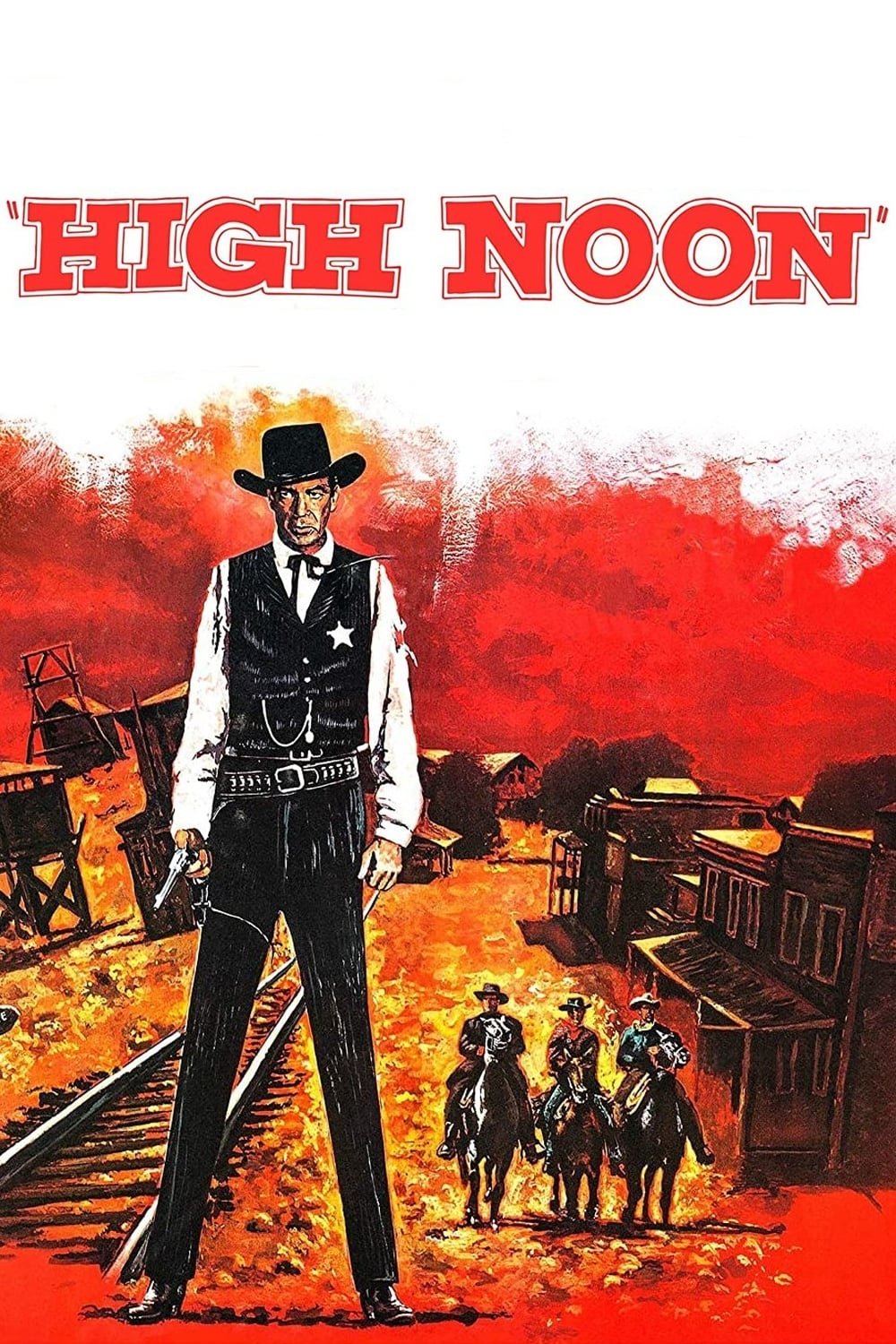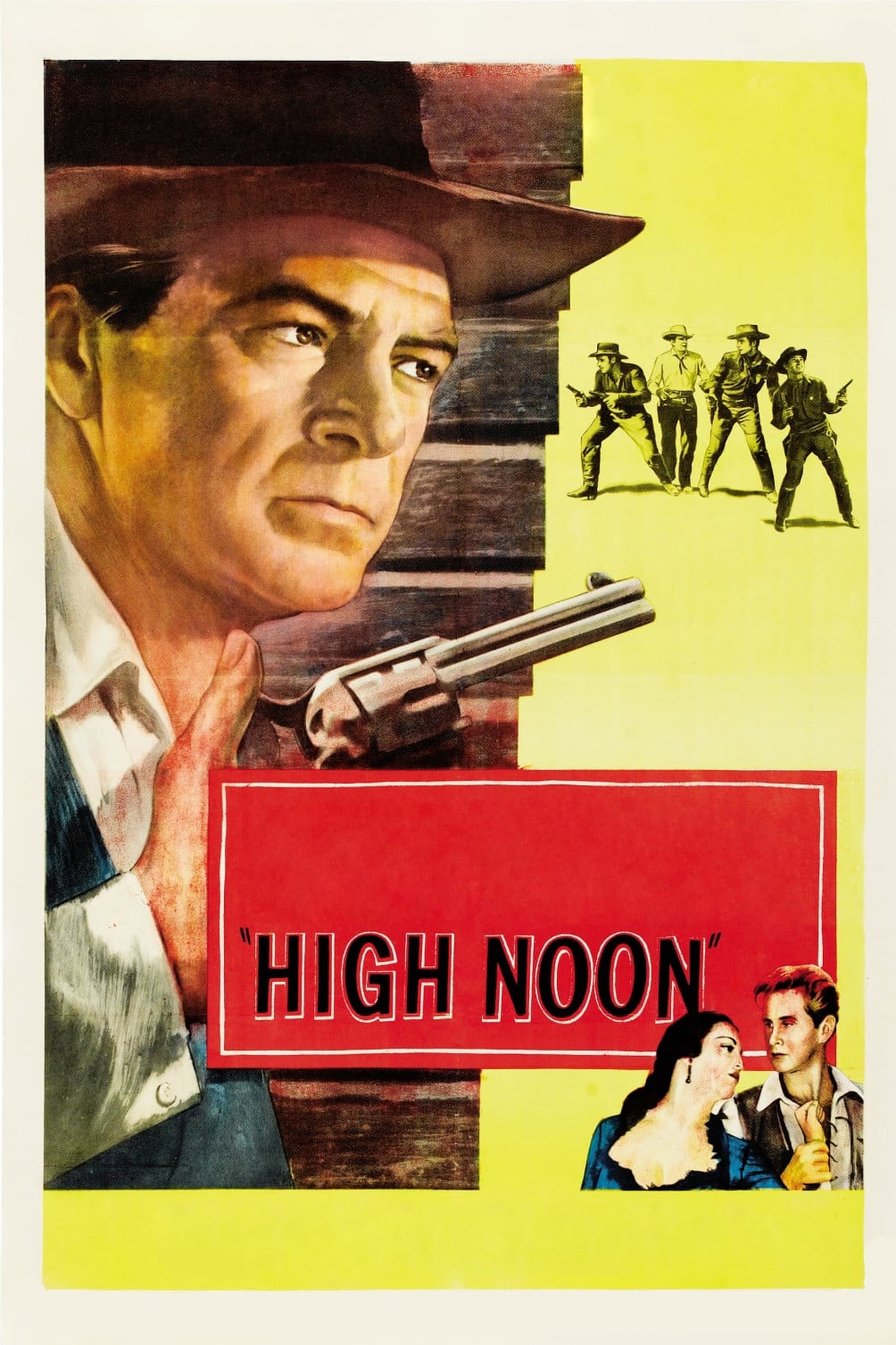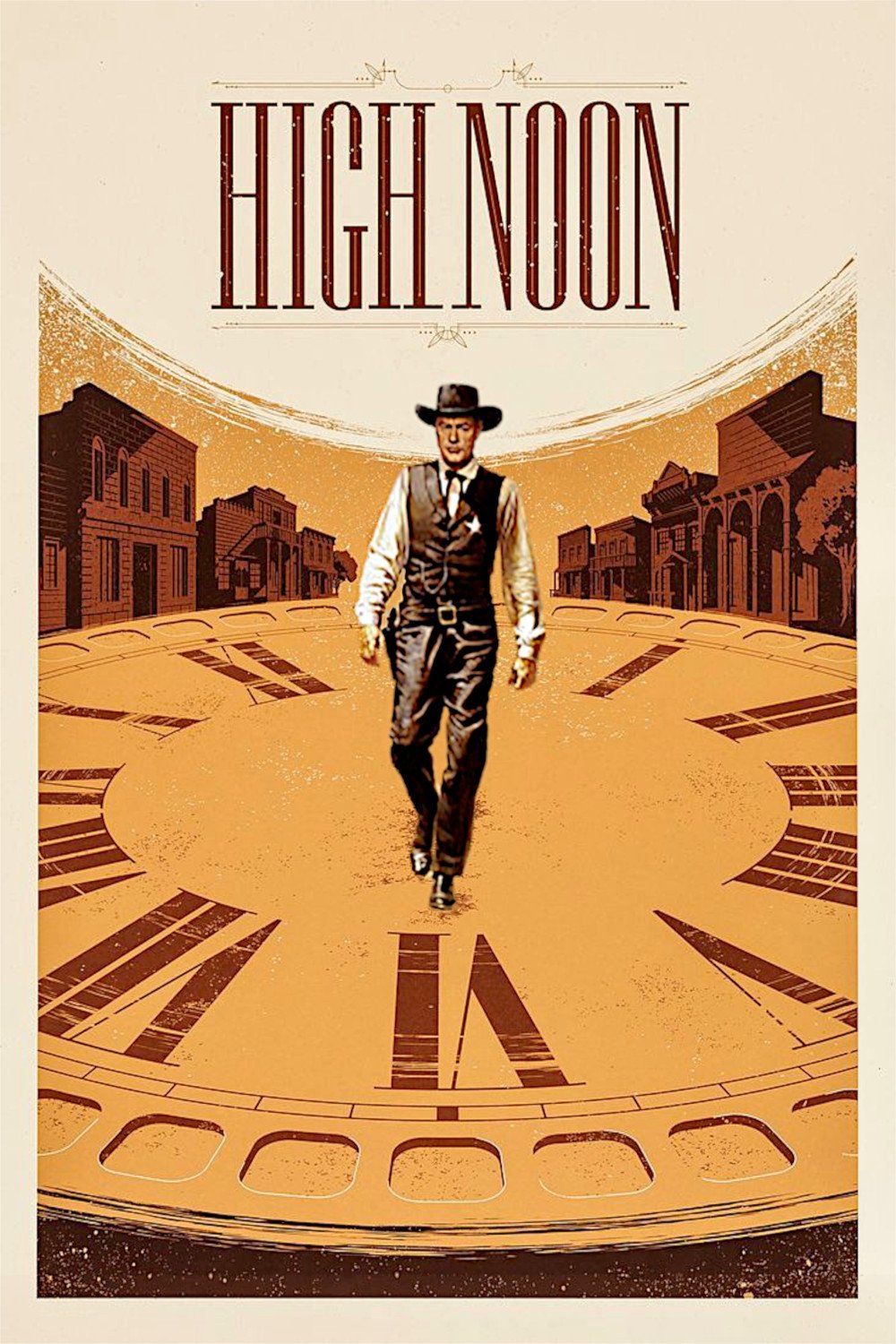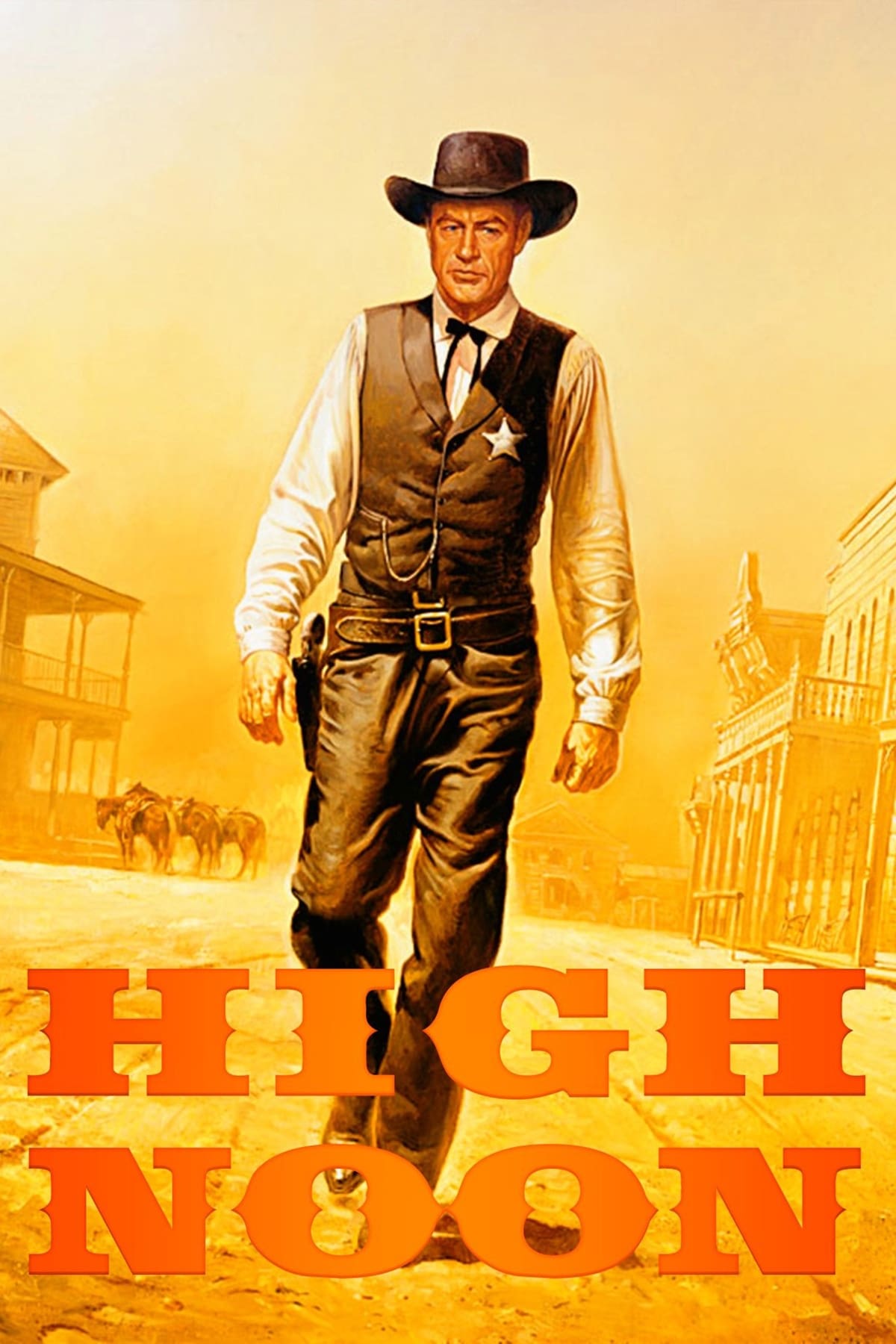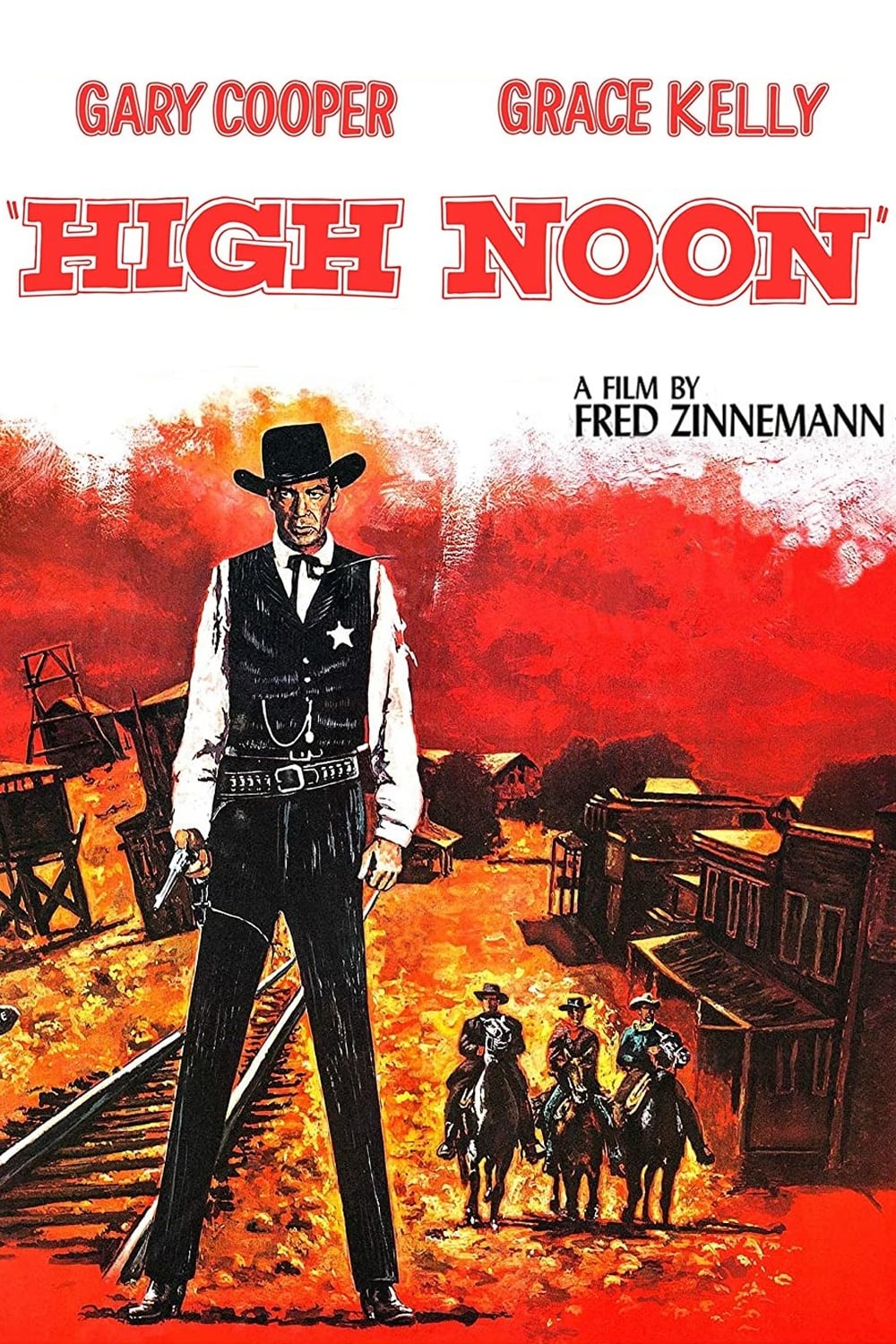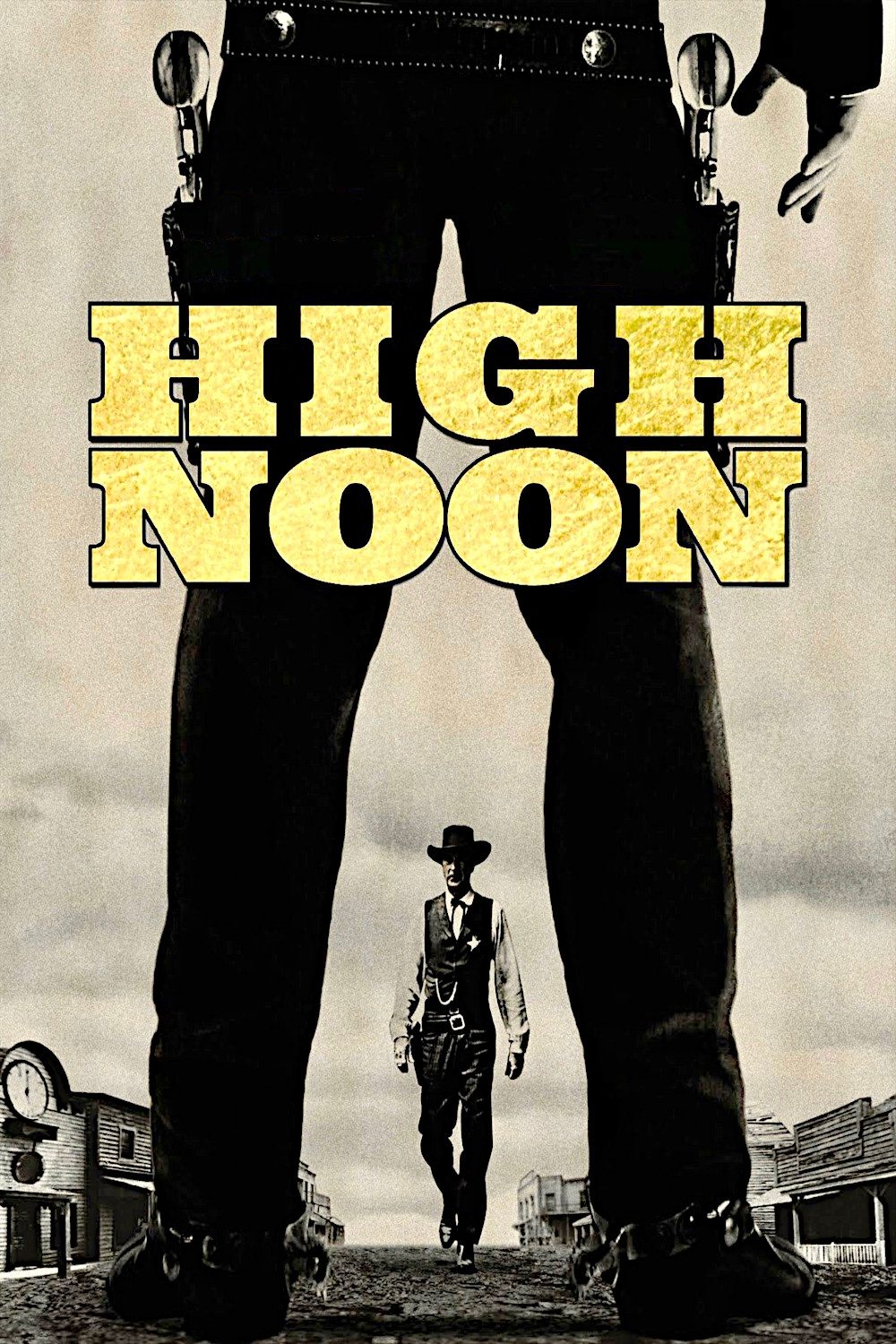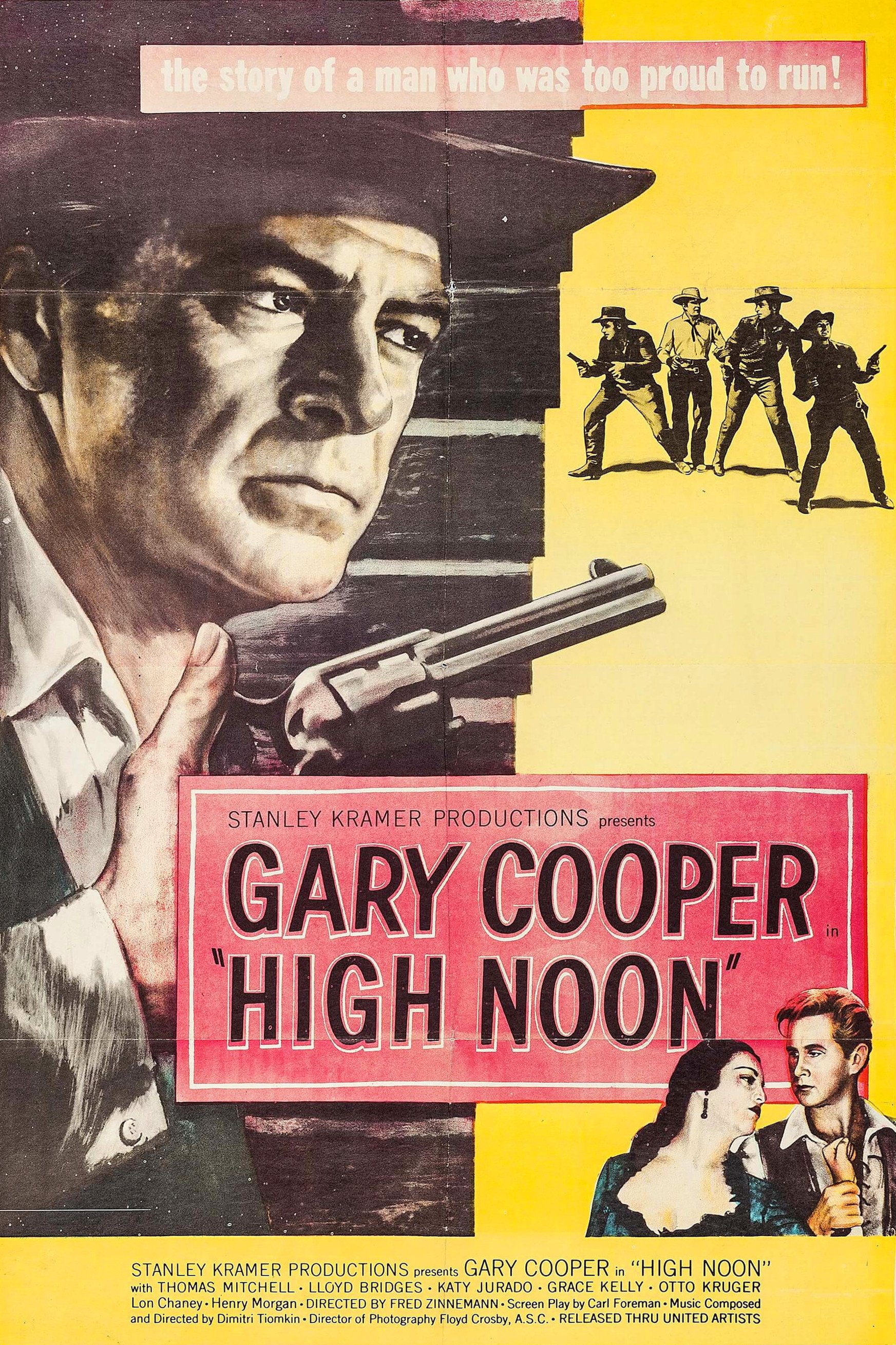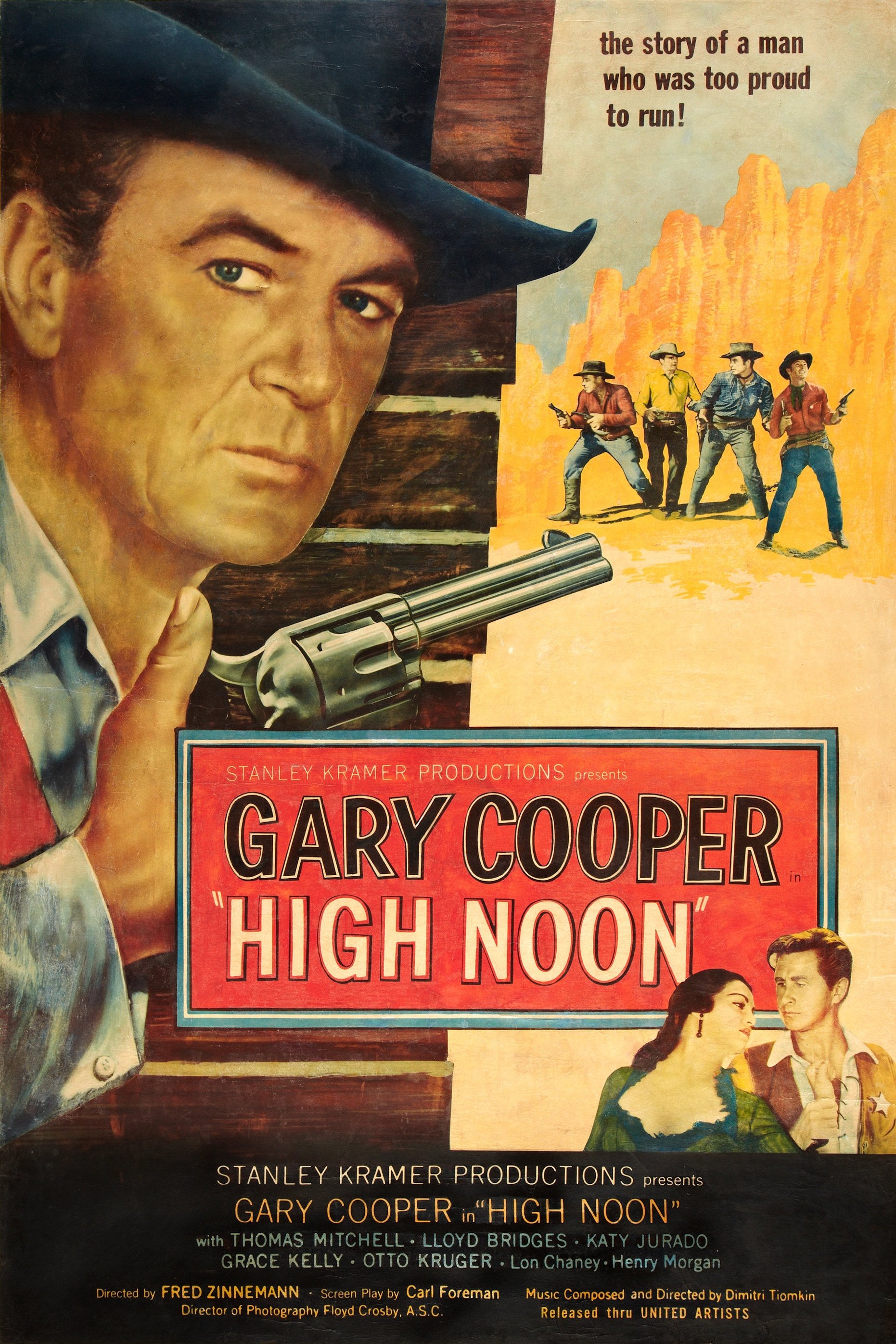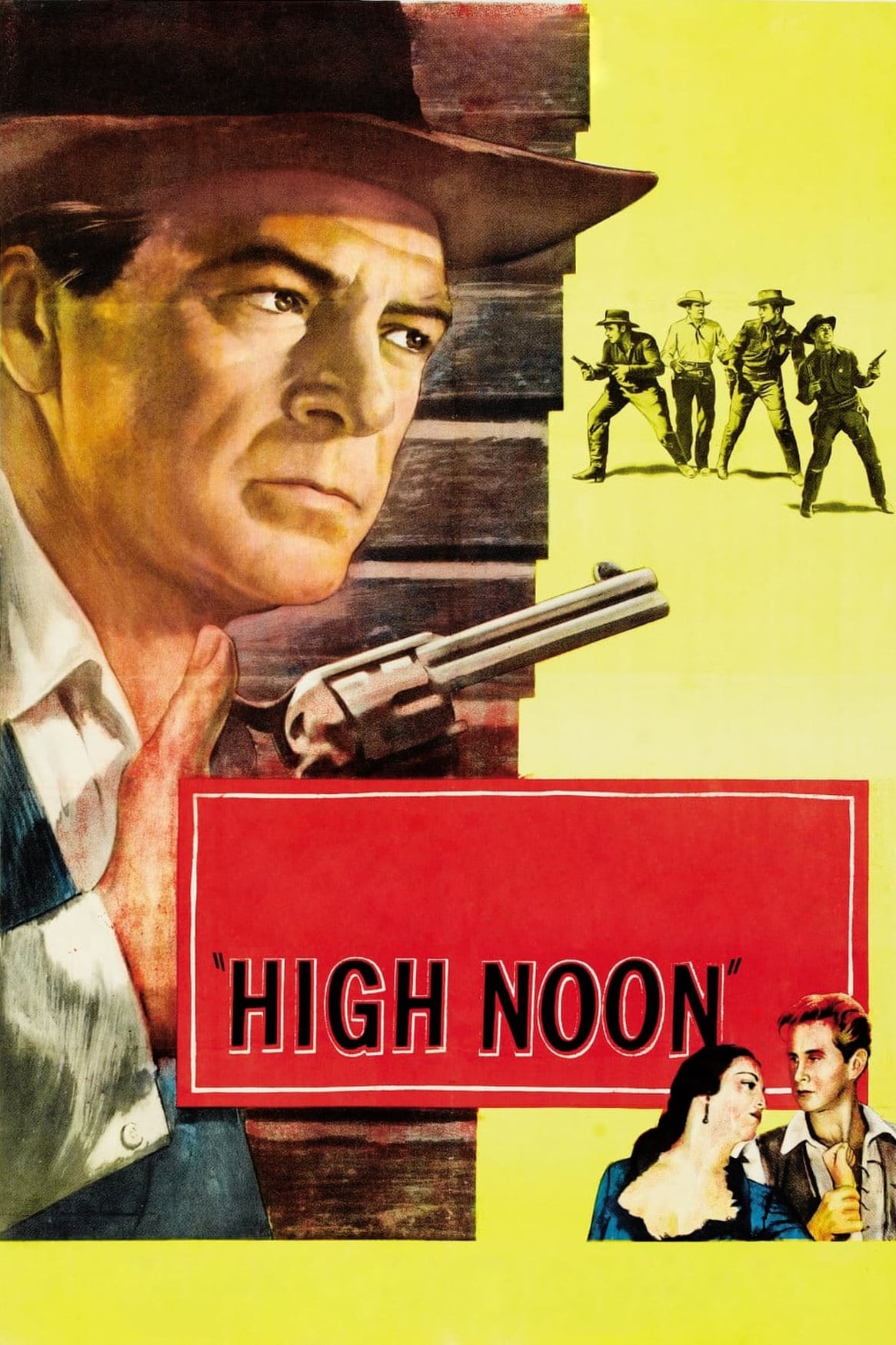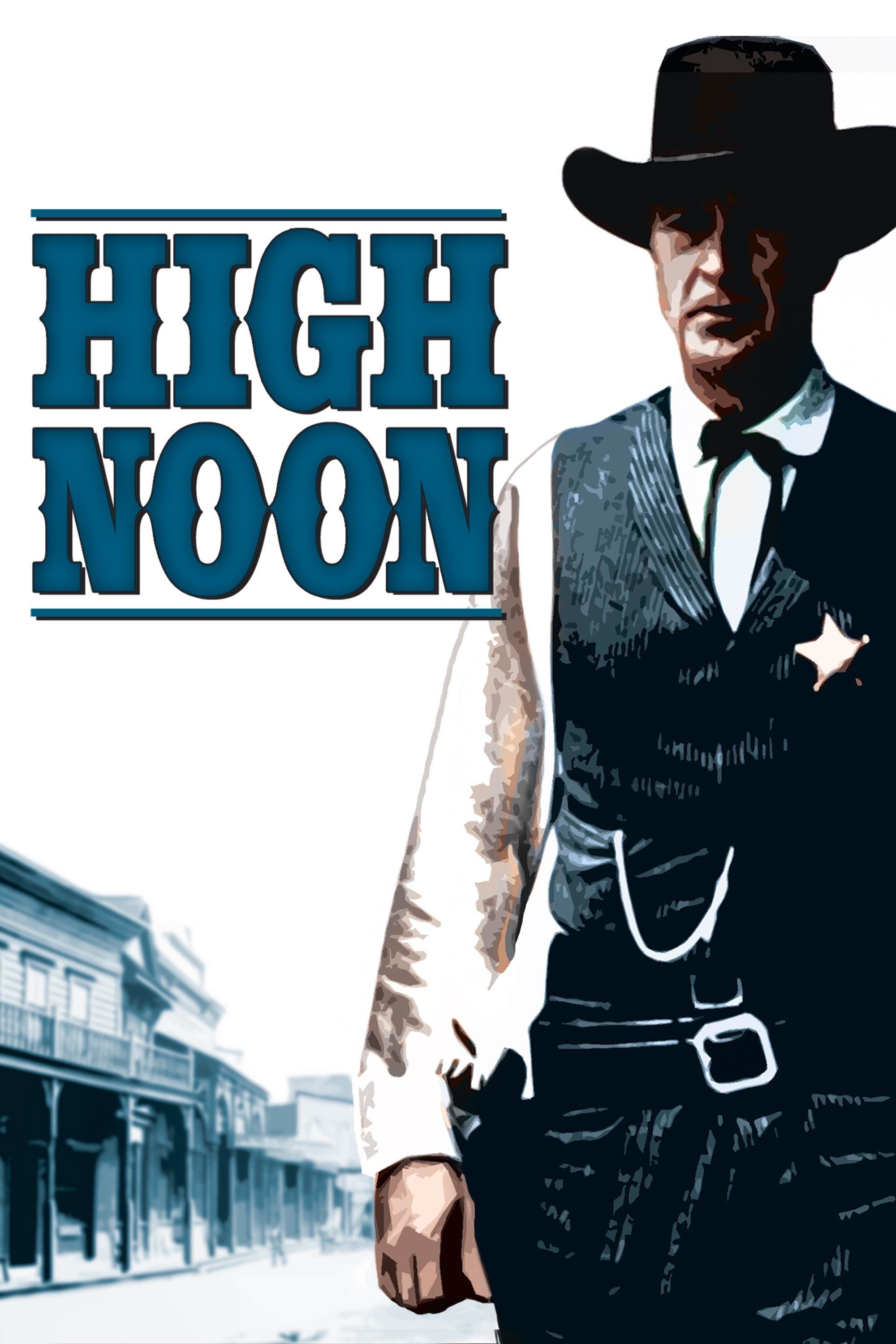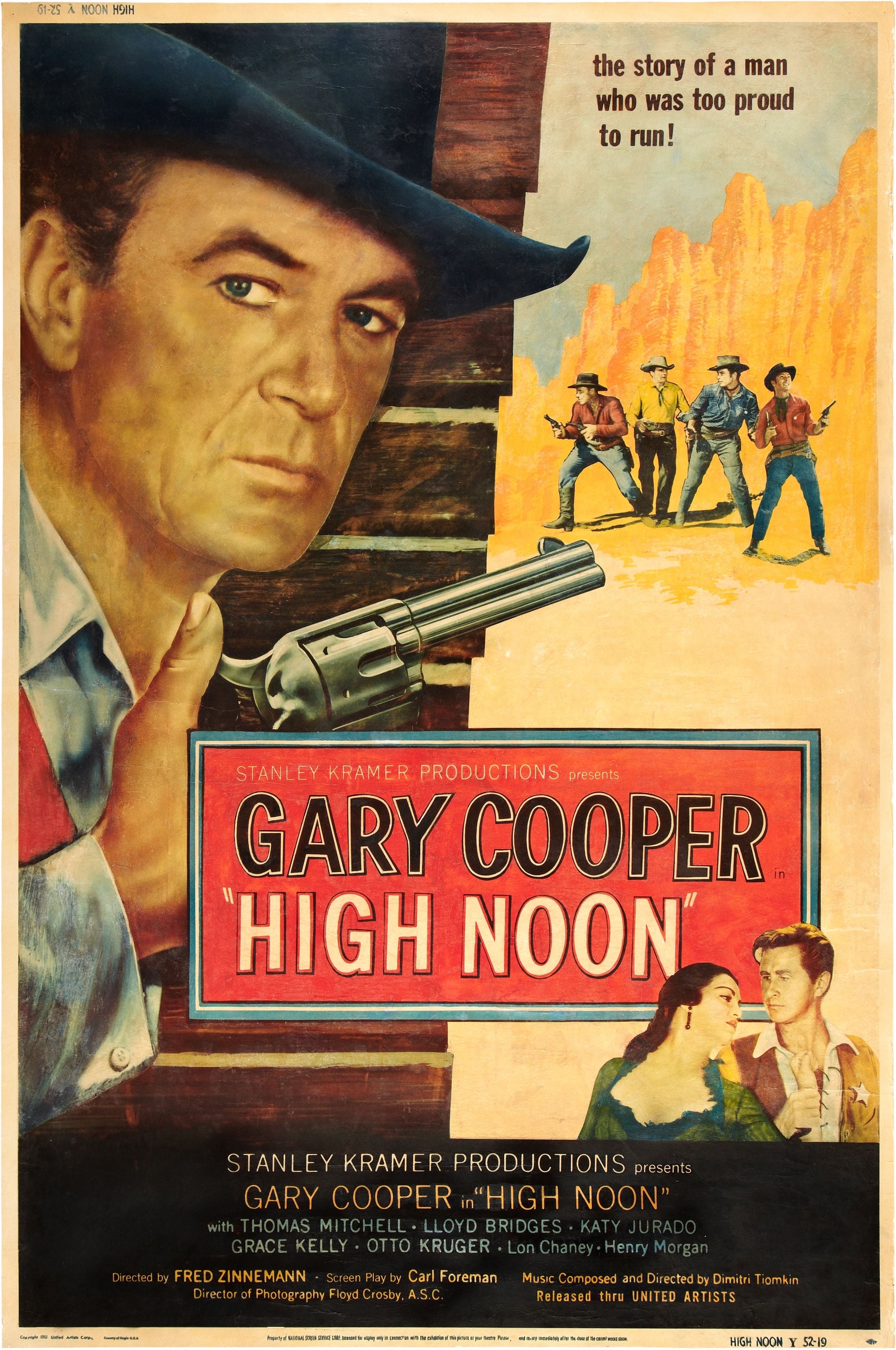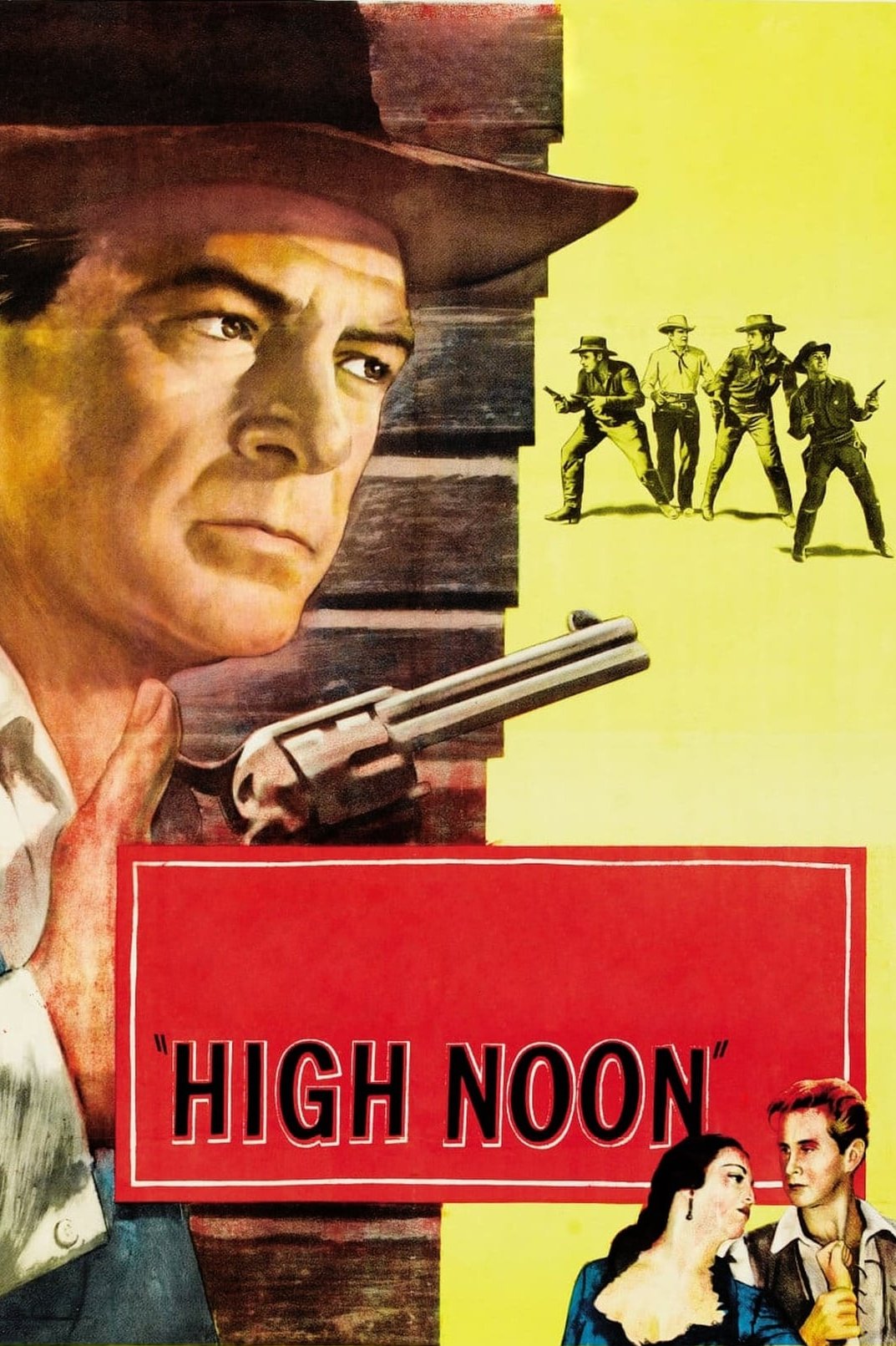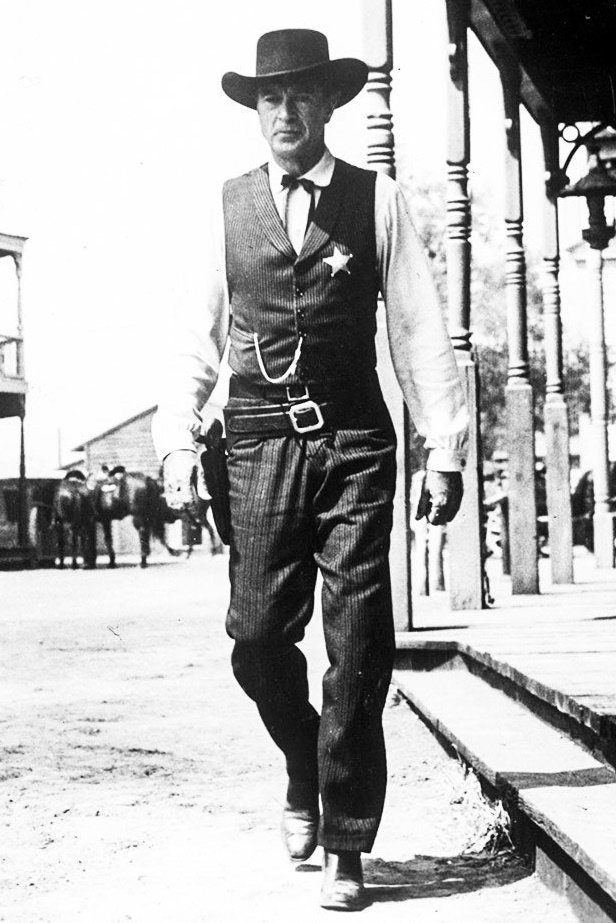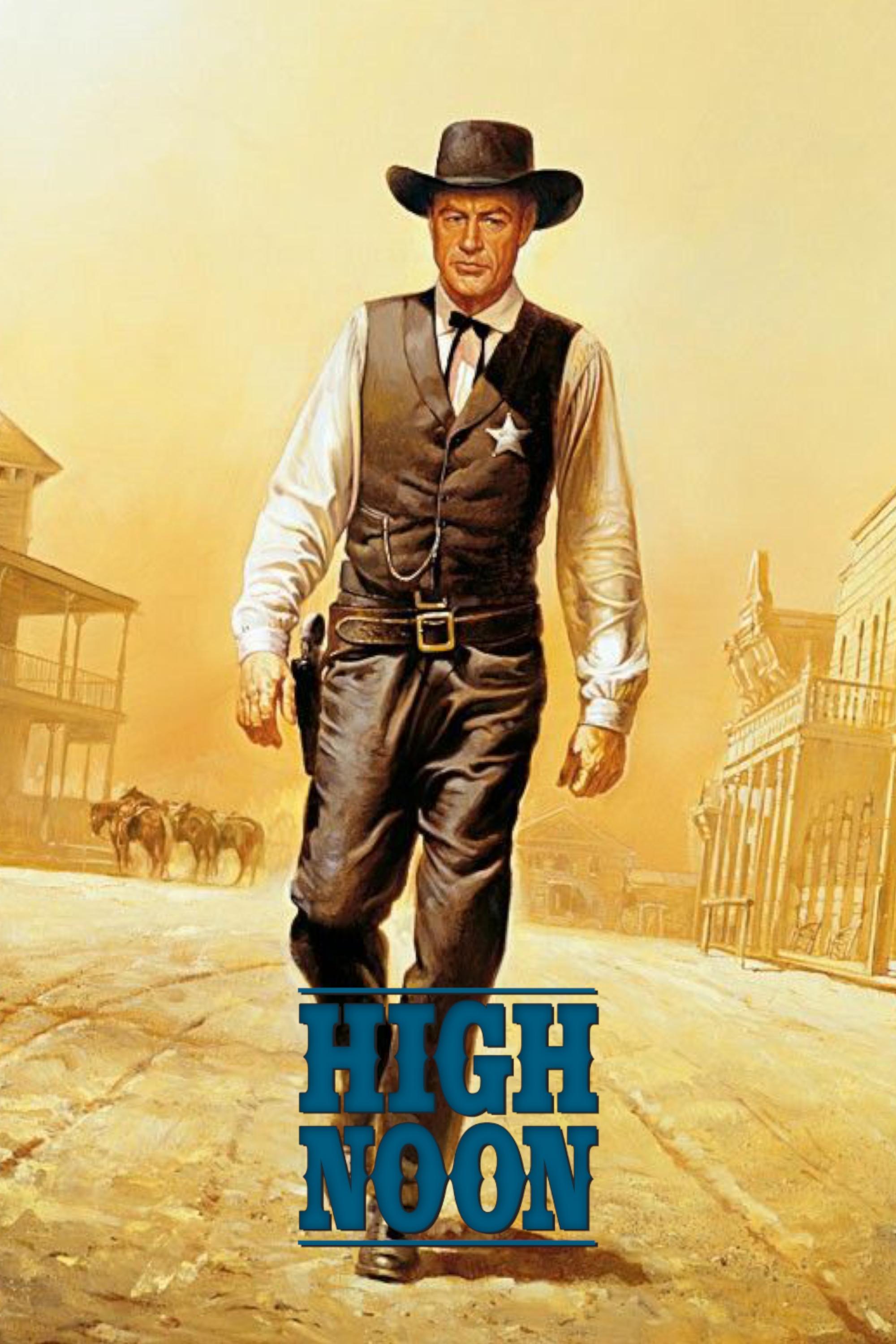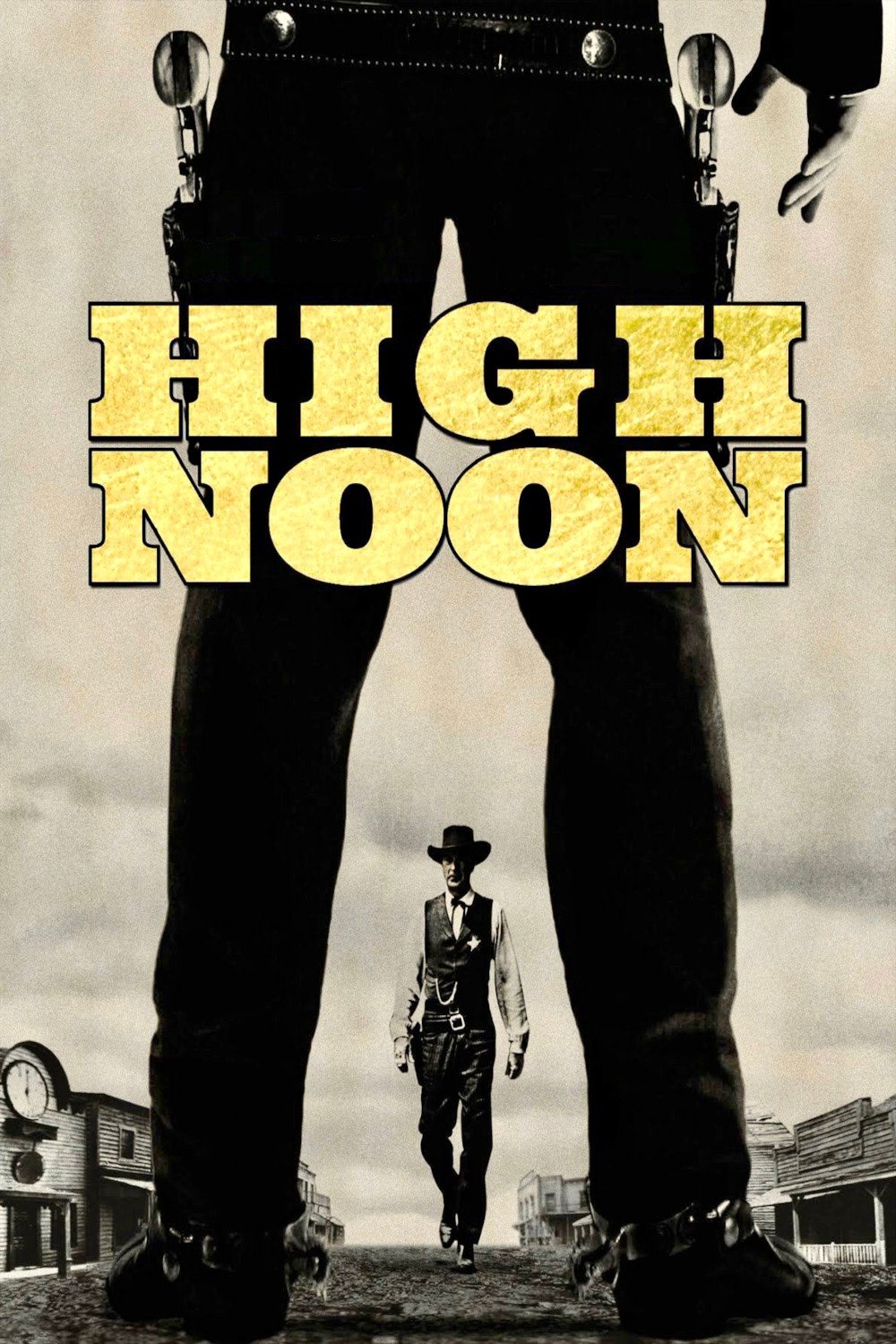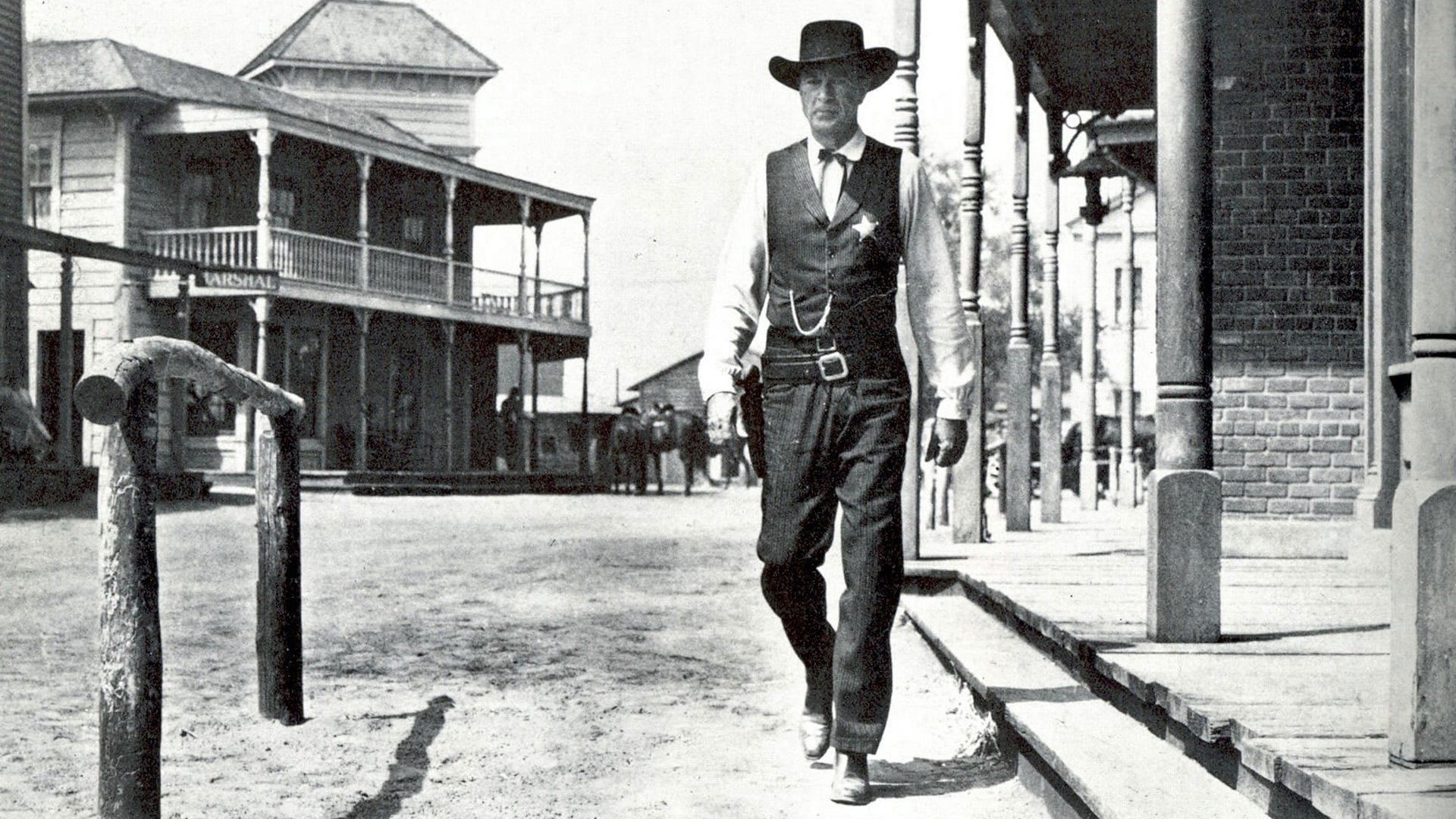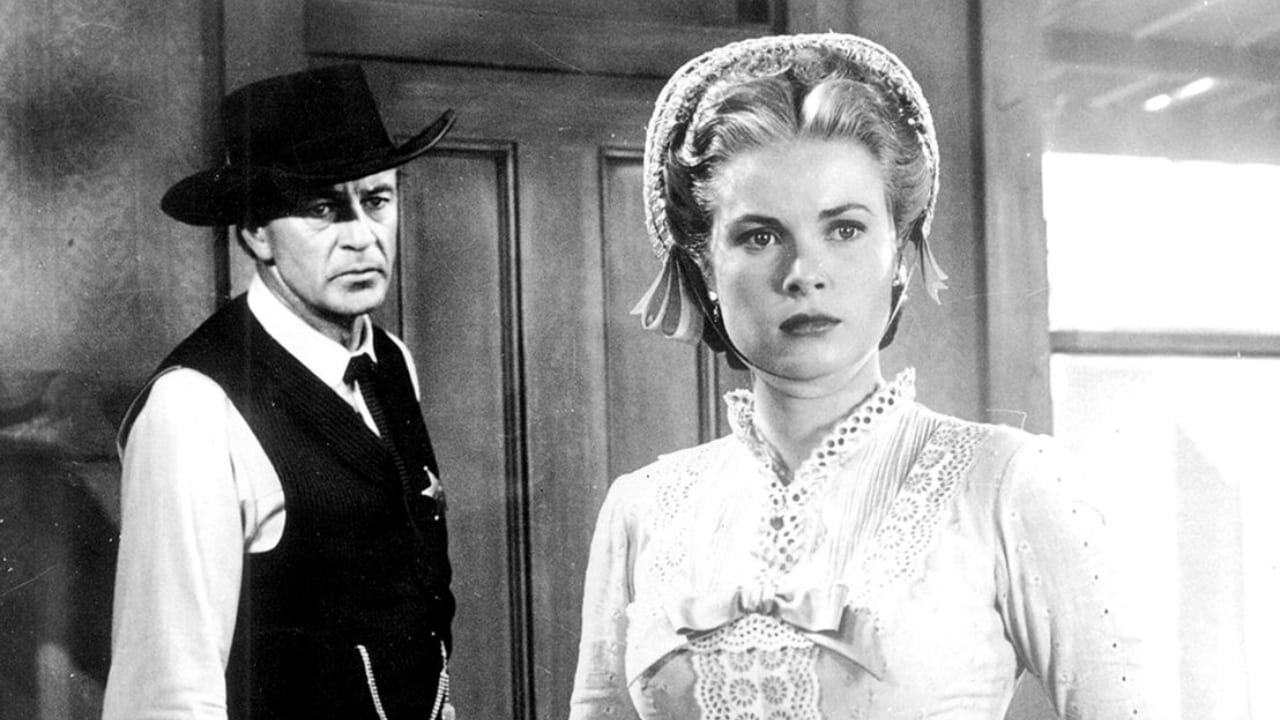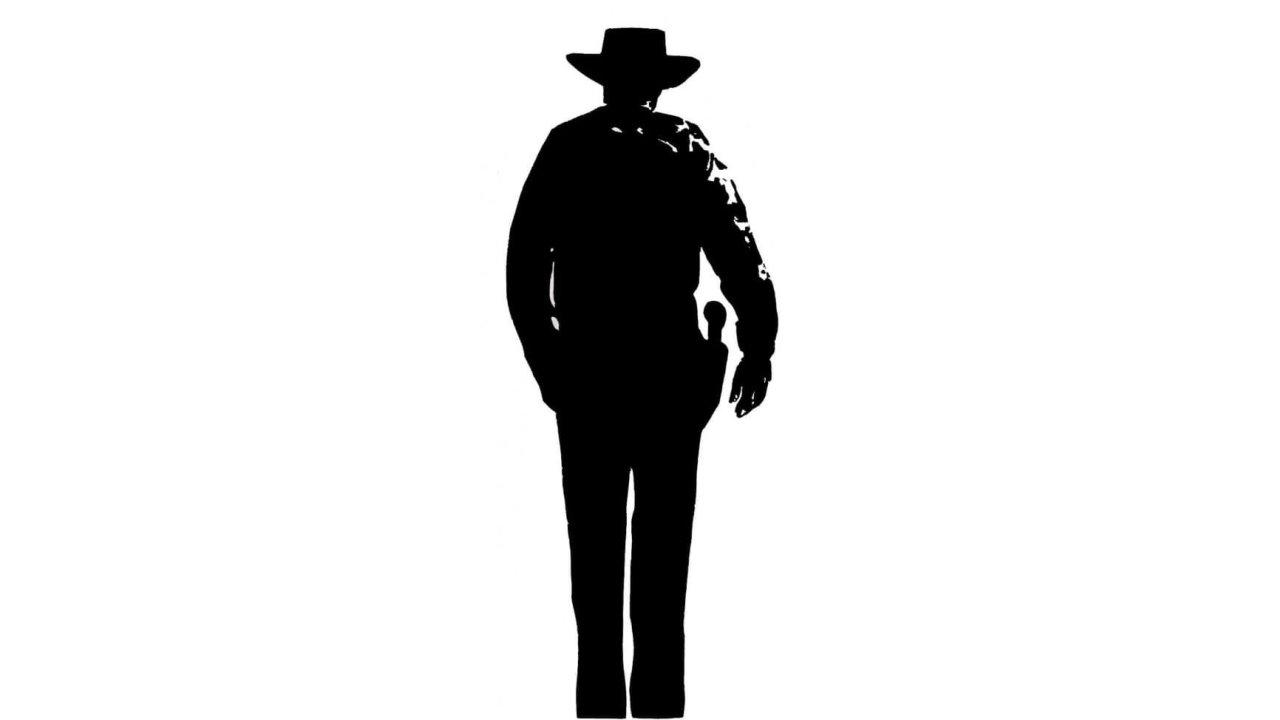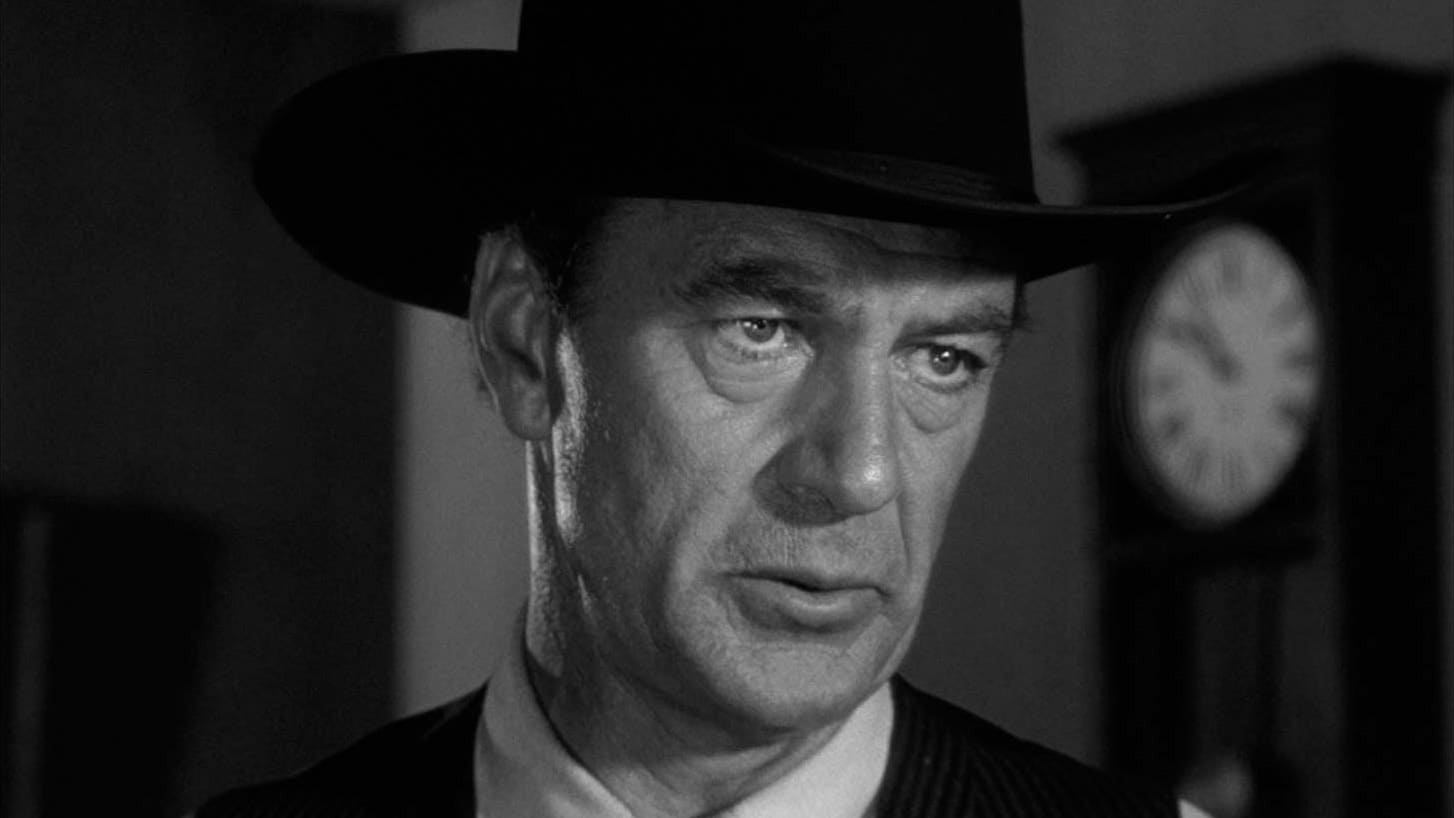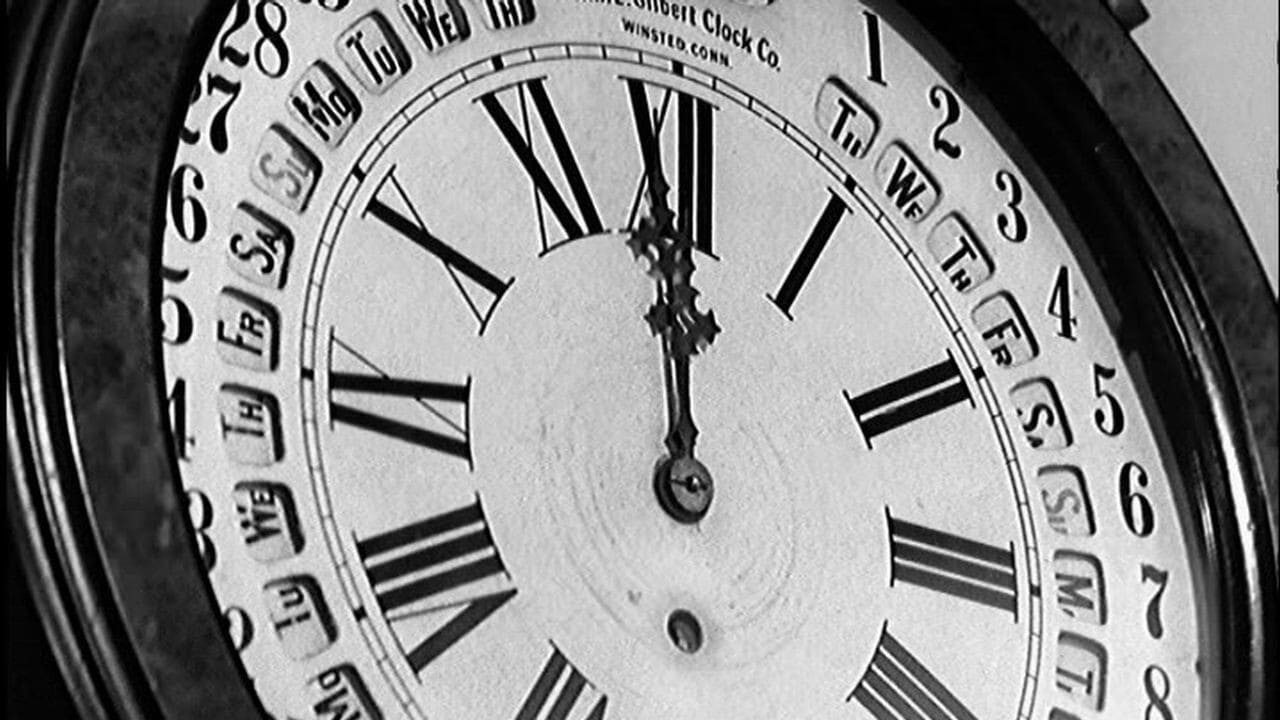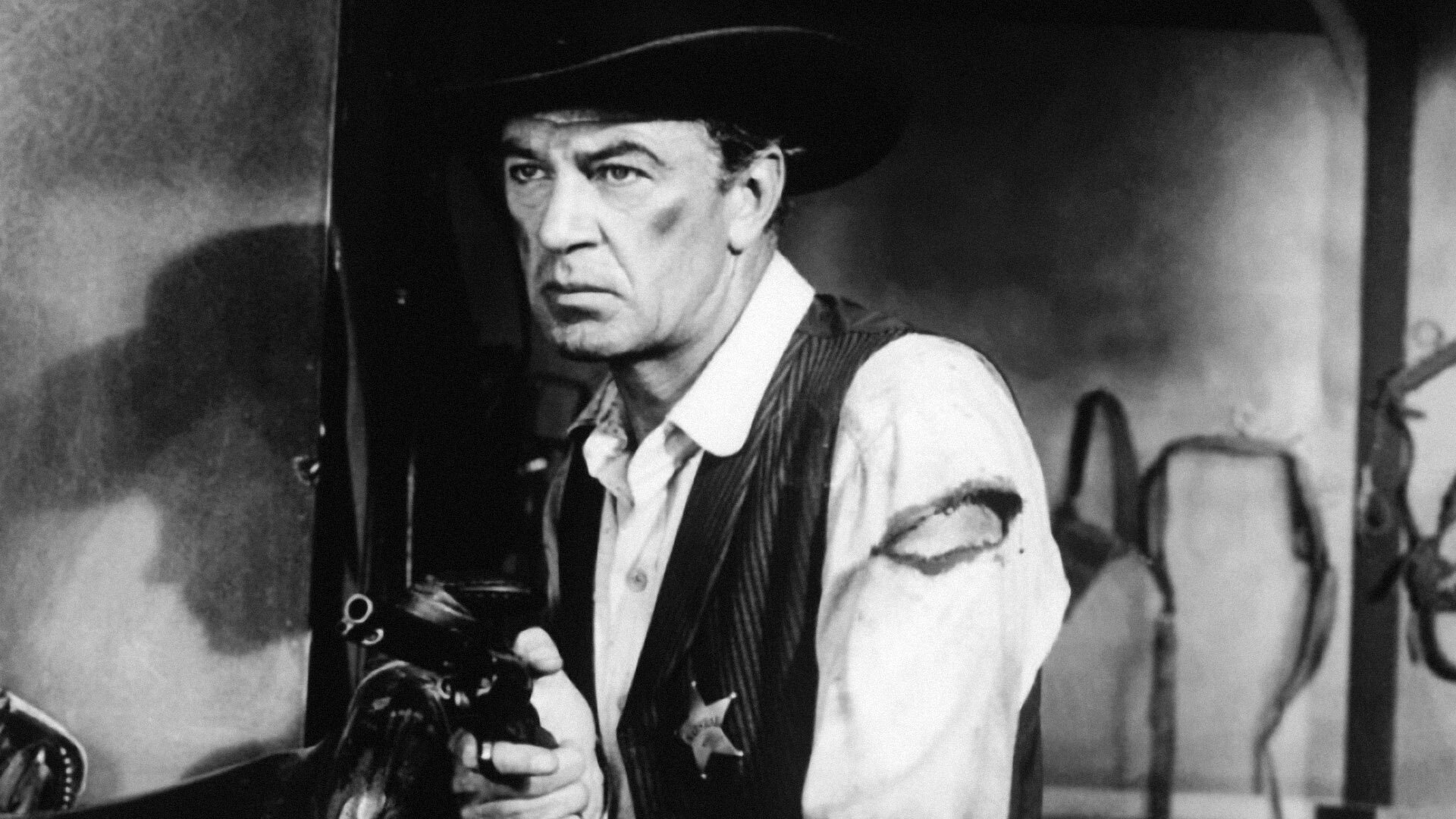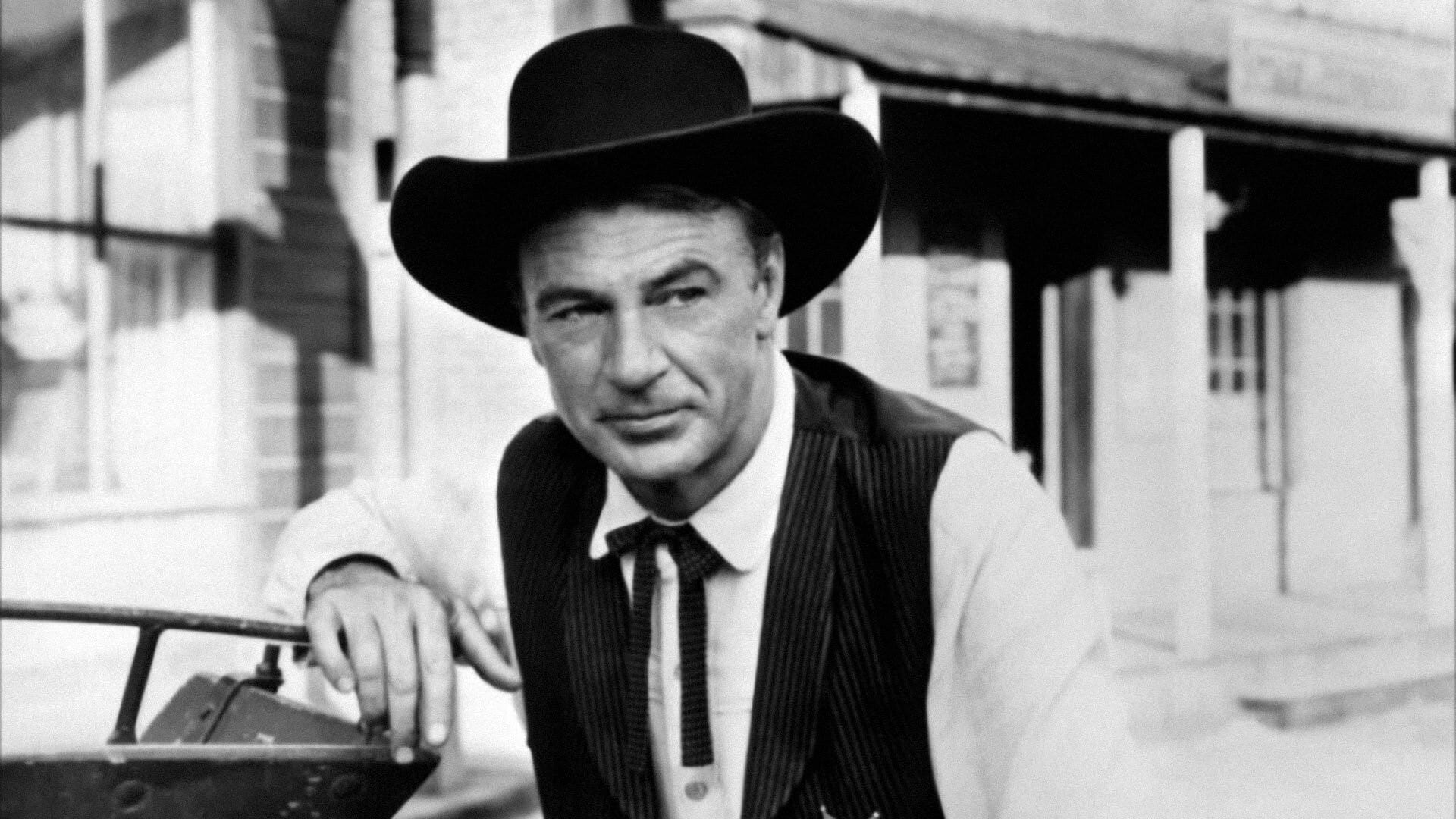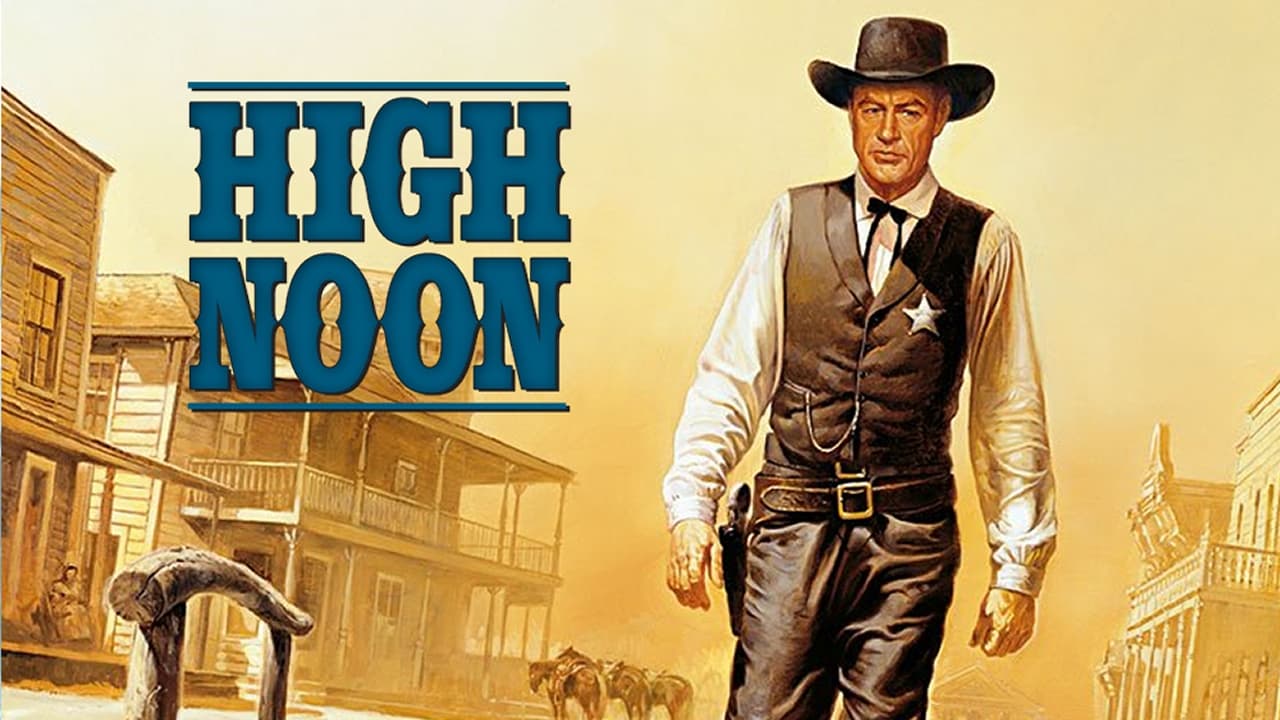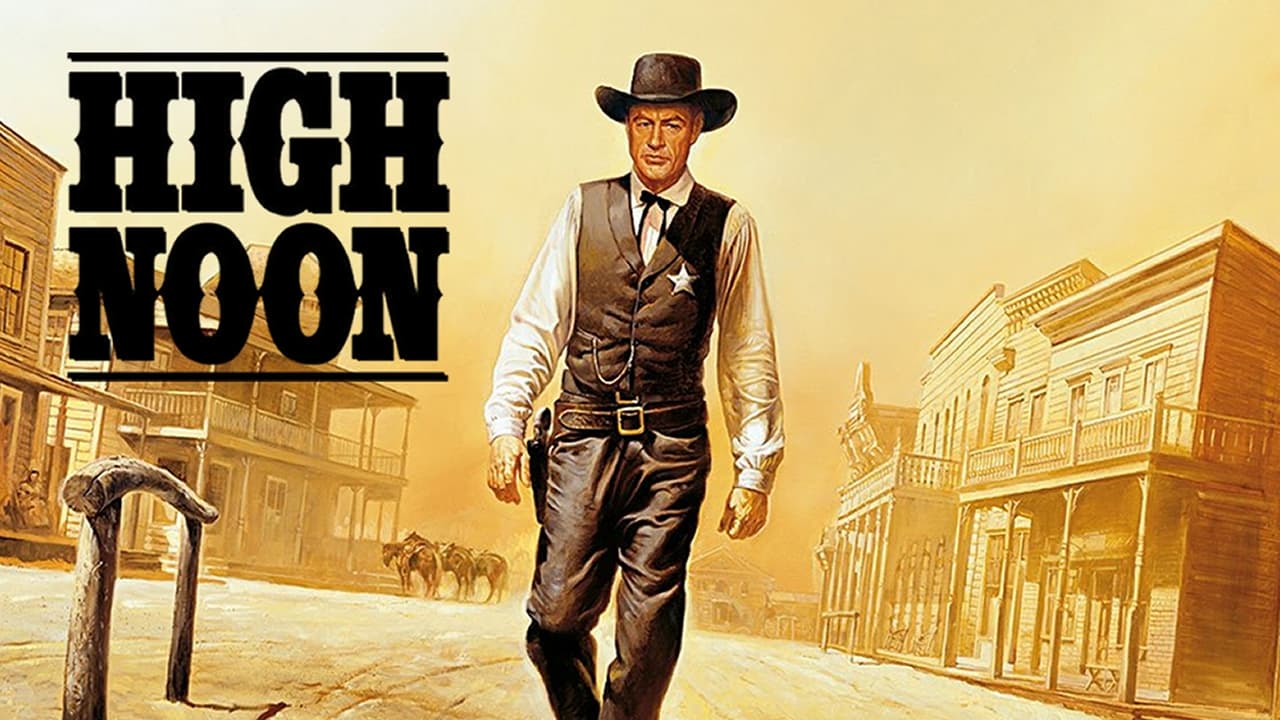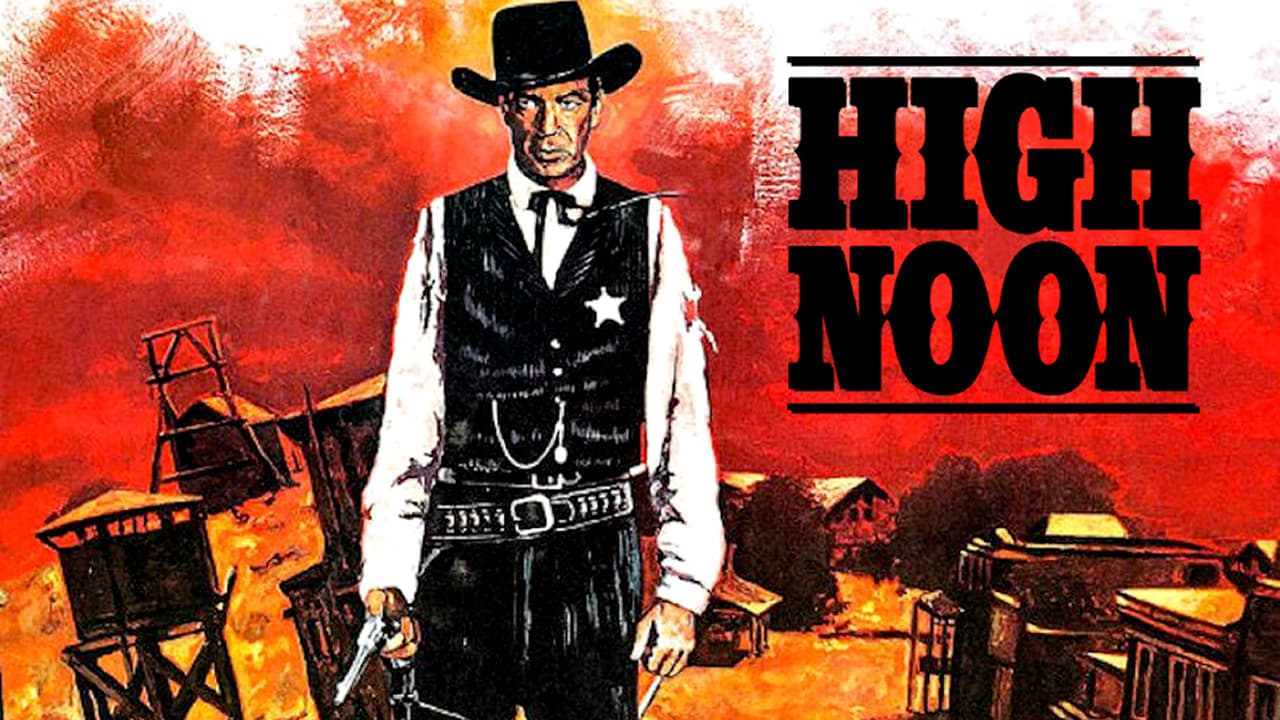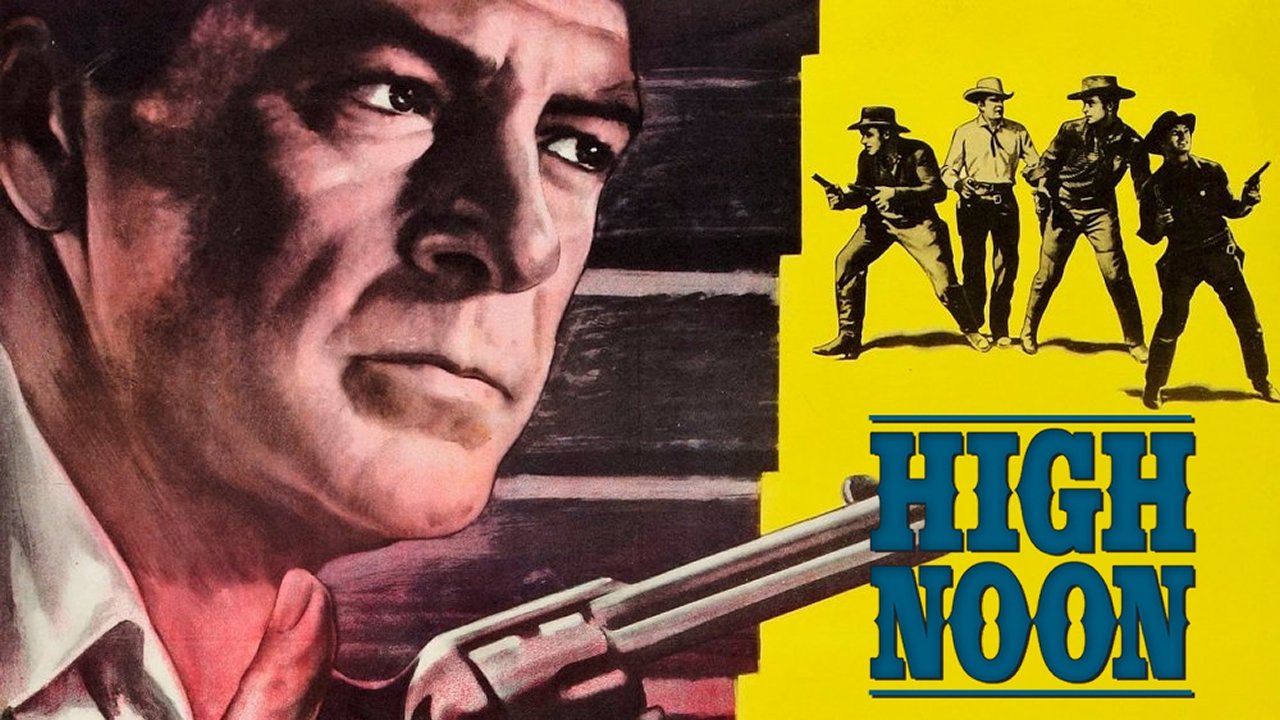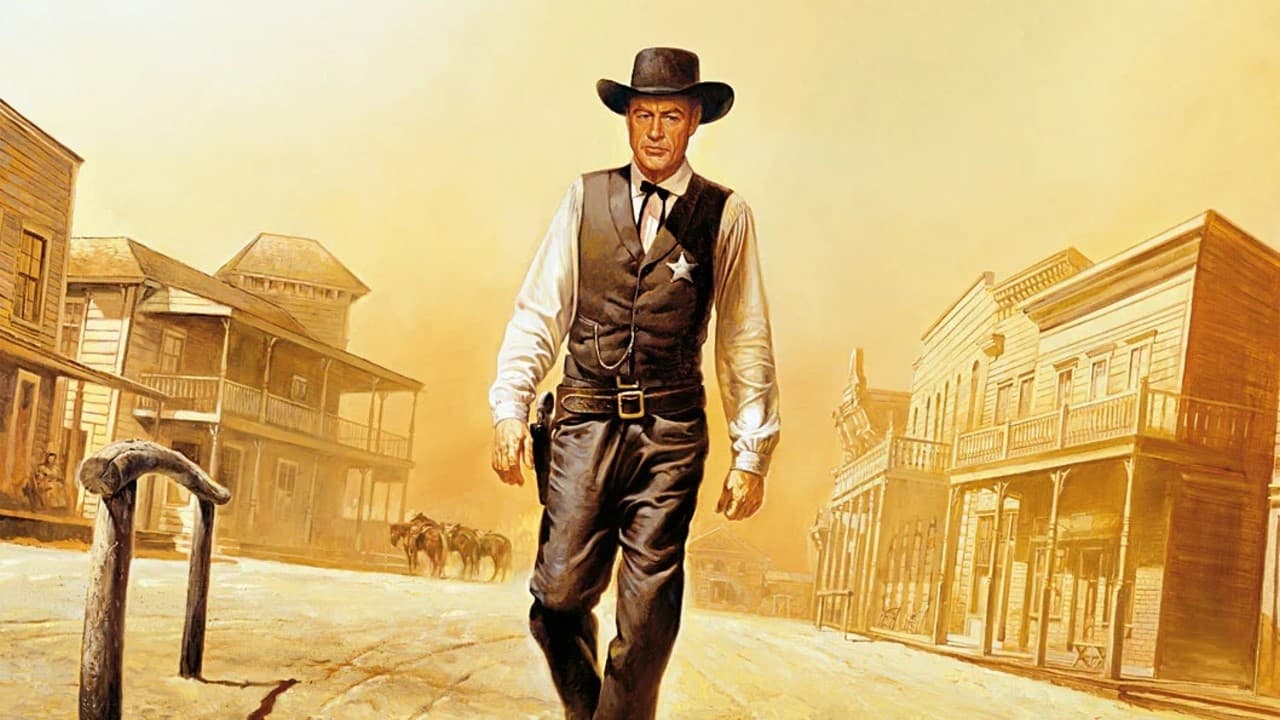High Noon
Gary Cooper delivers a remarkable and Oscar-winning performance as Will Kane, the stoic and principled marshal of a small frontier town. Cooper's portrayal is imbued with a quiet intensity, capturing the internal conflict and moral dilemmas faced by his character. His ability to convey emotions through subtle gestures and expressions is a testament to his talent as an actor.
The supporting cast is equally strong, with standout performances from Grace Kelly as Amy Fowler, Kane's newlywed bride torn between her love for him and her fear for their future, and Lloyd Bridges as the eager but inexperienced Deputy Marshal. The ensemble cast adds depth and complexity to the film's narrative, with each character embodying different facets of the moral and ethical dilemmas at play.
Zinnemann's direction is masterful, skillfully building tension throughout the film. The use of real-time and the ticking clock intensify the sense of urgency and impending doom, creating a palpable atmosphere of suspense. The deliberate pacing allows for a meticulous examination of the characters' motivations and the ethical choices they face, culminating in a climactic and emotionally charged finale.
At its core, "High Noon" explores the clash between personal integrity and the collective responsibility of a community. It raises questions about the sacrifices necessary to uphold justice, even in the face of apathy and abandonment. The film serves as a reflection on the nature of heroism, highlighting the complexity and sacrifices often required to uphold one's principles.
The film's black and white cinematography by Floyd Crosby adds a stark and gritty visual texture that complements the moral dilemmas at play. The use of shadows and contrasts emphasizes the characters' internal struggles and the moral ambiguity of their choices. The minimalistic and evocative visuals serve as a powerful backdrop for the emotional depth of the story.
The score by Dimitri Tiomkin is both haunting and iconic. The memorable theme song, "Do Not Forsake Me, Oh My Darling," further intensifies the film's emotional impact, capturing the internal turmoil of the characters and the ticking clock of impending danger. Tiomkin's score heightens the tension and adds a layer of poignancy to the film's themes.
In conclusion, "High Noon" is a timeless classic that stands as a testament to the power of moral courage and the choices we make in the face of adversity. With its compelling performances, expert direction, and thought-provoking exploration of duty and sacrifice, the film remains a benchmark of the Western genre. It serves as a reminder of the enduring power of storytelling and the complexities of human nature. A must-watch for fans of classic cinema and anyone seeking a gripping and thought-provoking cinematic experience.
Retreiving from wikipedia...
